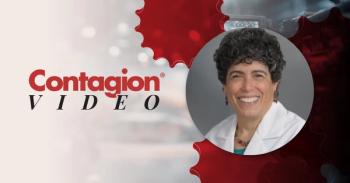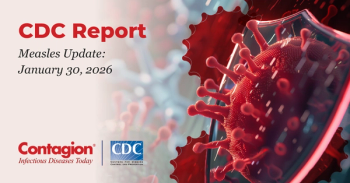
What Is the Vaccine Development Process?

Richard Haupt, MD, MPH, discusses the process for developing a vaccine.
Richard Haupt, MD, MPH, vice president of Medical Development at Pfizer Vaccines, discusses the process for developing a vaccine.
Interview Transcript (modified slightly for readability):
“The process for developing a vaccine is actually very complex; it starts very, very early in trying to even understand which targets a company should go after, and we make decisions about how to develop vaccines based on the unmet medical need caused by that disease. Do we understand the mechanisms of pathogenesis so that we can identify the appropriate target antigen to develop a vaccine against? And then, lastly, is: can that be done?
There’s a technical feasibility to actually develop those antigens that could be a vaccine. And once we think we’ve got that all figured out, which can be a long undertaking, then we have to build all of the necessary infrastructures. Before we even study the vaccine in human beings we have to develop biological assays to make sure that we understand that we’re measuring the appropriate immune response; we have to develop animal models or enhance animal models that have been developed to understand whether the vaccine target that we’re developing actually works.
And then, there’s an enormous amount of work that’s done very early in the manufacturing process; we have to understand if we can take lab scale antigens and actually scale them up to large manufacturing to be able to supply vaccines for the world, because we’re a global vaccine manufacturer, so we want to make sure that we can do that. And a lot of that work is done early on in the manufacturing before we even know we have a vaccine that actually works.
And once we’re past that early stage, then there are stages of very intense study in human beings, where we go from early phase studies to make sure the vaccine is safe, to larger phase 2 studies to define the dose and the schedule and also acquire more safety data, and then, eventually, we have to go into a phase 3 clinical trial, which really defines the safety and efficacy for the vaccine. And that’s where we are with our current C. difficile vaccine.”
Newsletter
Stay ahead of emerging infectious disease threats with expert insights and breaking research. Subscribe now to get updates delivered straight to your inbox.

































































































































